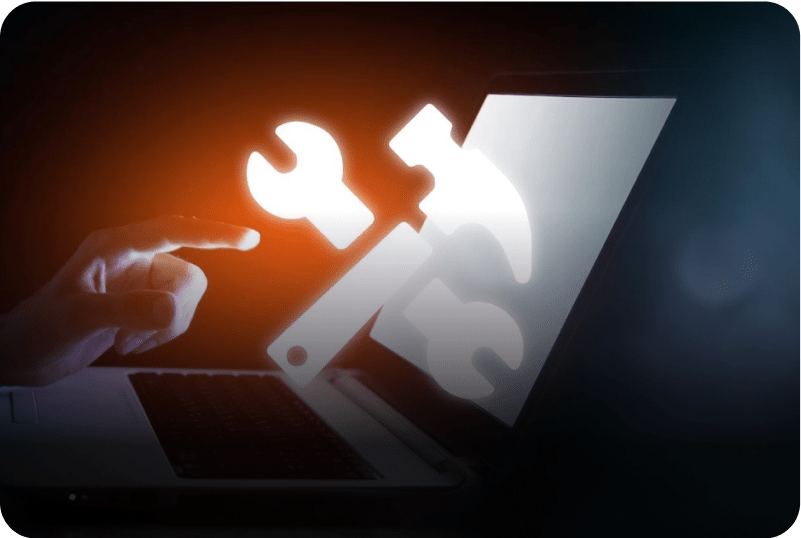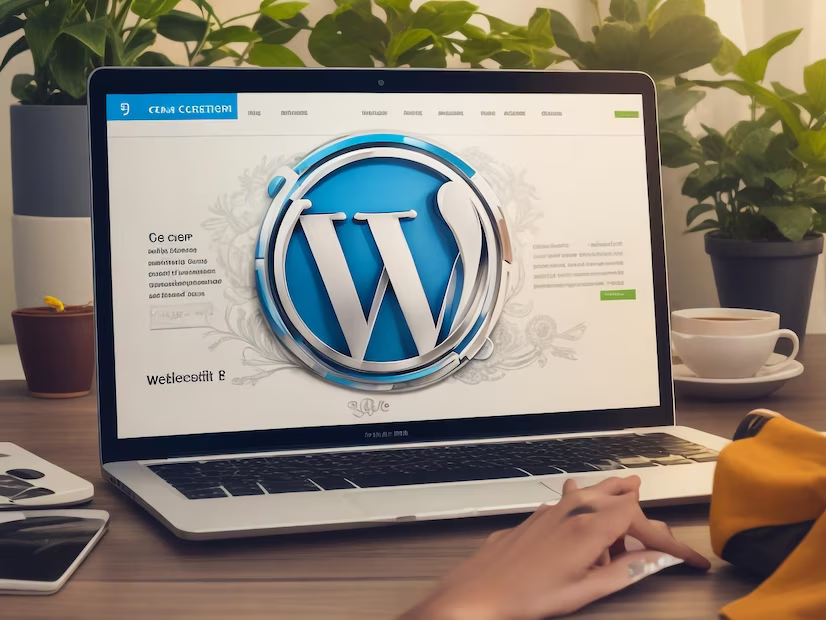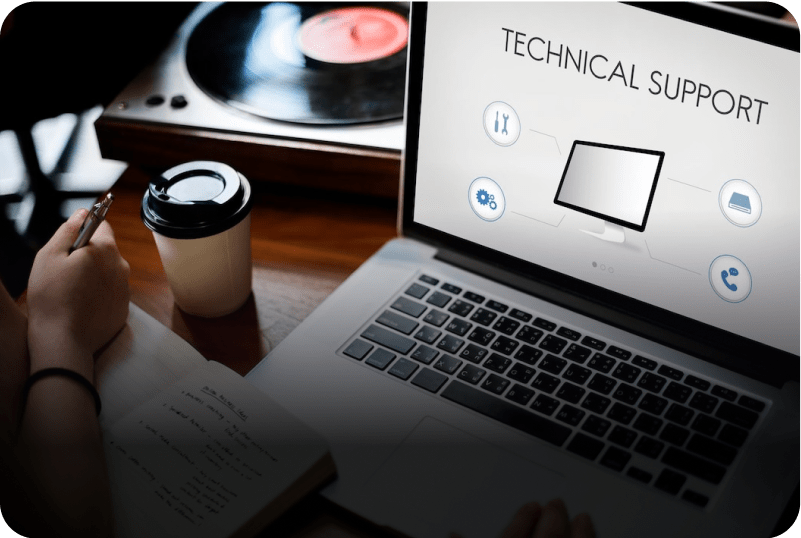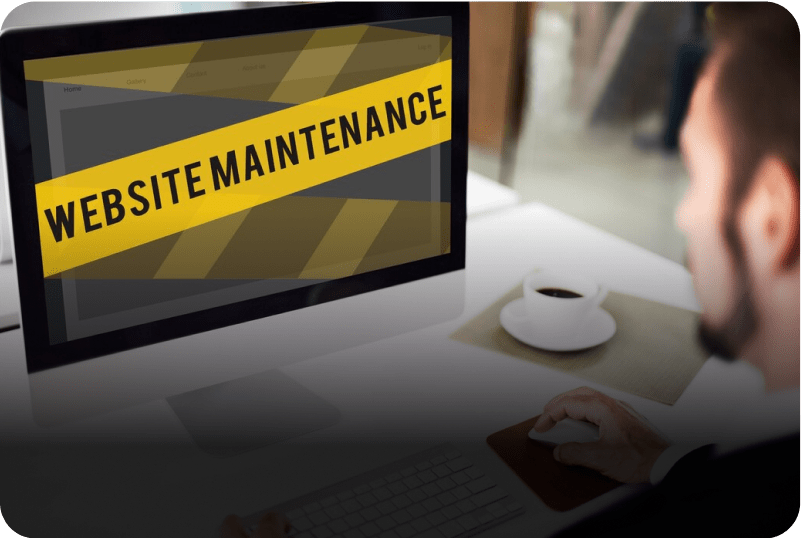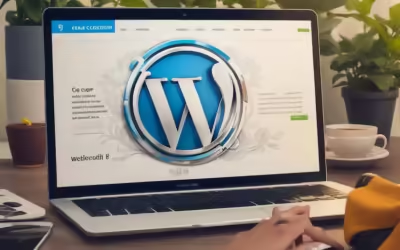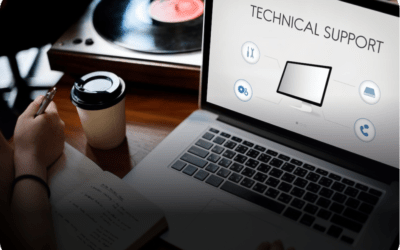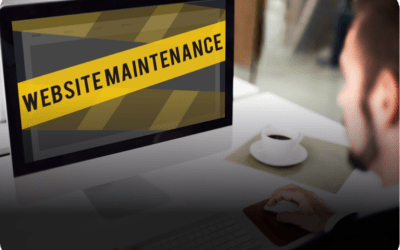Ultimate Guide to WordPress Website Maintenance Service
Maintaining a WordPress website is crucial for ensuring its smooth operation, security, and optimal performance. In this guide, we will delve into the essential aspects of WordPress website maintenance, explore trending topics, and address common questions to help you keep your site in top shape.
The Importance of Regular WordPress Maintenance
Regular WordPress maintenance is essential for enhancing website security, improving performance, boosting SEO rankings, and ensuring a seamless user experience. It involves keeping your WordPress core, plugins, and themes updated to prevent vulnerabilities and ensure everything functions optimally and efficiently.
Why Regular Maintenance is Crucial
- Enhanced Security: Regular updates and maintenance help protect your site from vulnerabilities and cyber threats.
- Improved Performance: Keeping your plugins, themes, and core software up to date ensures your site runs efficiently.
- SEO Benefits: A well-maintained site performs better in search engine rankings.
- User Experience: Regular maintenance ensures a smooth and error-free experience for your visitors.
Key Elements of WordPress Maintenance
- Regular Backups: Safeguard your data with scheduled backups.
- Plugin and Theme Updates: Keep your site’s components updated to the latest versions.
- Performance Optimization: Regularly check and improve site speed.
- Security Monitoring: Continuously monitor and protect against threats.
Top Trends in WordPress Maintenance
Key trends in WordPress maintenance include the use of automation tools to save time and reduce errors, optimizing site speed for better user experience and SEO, and leveraging AI for predictive maintenance and enhanced security measures to stay ahead of potential issues.
Automation Tools for Maintenance
Benefits of Automation Tools
- Time-Saving: Automate routine tasks like backups and updates.
- Consistency: Ensure maintenance tasks are performed regularly without manual intervention.
- Reduced Errors: Minimize human errors with automated processes.
Popular Automation Tools
- Jetpack: Offers comprehensive site management and security features.
- ManageWP: Provides powerful tools for managing multiple WordPress sites.
- WP-CLI: Command-line interface for performing various maintenance tasks efficiently.
Enhancing Site Speed and Performance
Importance of Site Speed
- User Experience: Faster sites retain visitors and reduce bounce rates.
- SEO Impact: Search engines favor faster sites in rankings.
- Conversion Rates: Improved site speed can lead to higher conversion rates.
Techniques for Speed Optimization
- Caching: Implement caching solutions to speed up page load times.
- Image Optimization: Compress and optimize images for faster loading.
- Minification: Minify CSS, JavaScript, and HTML files to reduce file sizes.
Common Maintenance Challenges and How to Overcome Them
Common WordPress maintenance challenges include security threats and plugin conflicts. Overcome these by performing regular security scans, using strong passwords, keeping everything updated, identifying conflicts, checking compatibility, and seeking professional support when necessary to ensure smooth website operation.
Security Threats and Vulnerabilities
Identifying Security Threats
- Malware and Viruses: Regularly scan your site for malicious software.
- Brute Force Attacks: Implement measures to protect against unauthorized access attempts.
Strengthening Site Security
- Use Strong Passwords: Ensure all user accounts have strong, unique passwords.
- Two-Factor Authentication: Add an extra layer of security with 2FA.
- Regular Updates: Keep WordPress core, themes, and plugins updated to patch vulnerabilities.
Handling Plugin Conflicts
Detecting Plugin Conflicts
- Error Messages: Look out for specific error messages after plugin updates.
- Site Downtime: Notice if your site becomes unresponsive or crashes.
Resolving Plugin Conflicts
- Deactivate Plugins: Temporarily deactivate all plugins and reactivate them one by one to identify the conflict.
- Compatibility Checks: Check plugin documentation for compatibility issues and updates.
- Seek Support: Contact plugin developers for assistance in resolving conflicts.
Best Practices for Ongoing WordPress Maintenance
Adopt best practices by scheduling weekly updates, performing monthly site audits, and conducting annual reviews of your WordPress site. Utilizing professional maintenance services can provide expert oversight, ensuring your website remains secure, efficient, and up-to-date, allowing you to focus on your core business.
Regularly Schedule Maintenance Tasks
- Weekly Checks: Perform weekly updates and backups.
- Monthly Audits: Conduct a comprehensive site audit every month to identify and fix issues.
- Annual Overhaul: Review and refresh your site’s design and functionality annually.
Strengthening Site Security
- Use Strong Passwords: Ensure all user accounts have strong, unique passwords.
- Two-Factor Authentication: Add an extra layer of security with 2FA.
- Regular Updates: Keep WordPress core, themes, and plugins updated to patch vulnerabilities.
Handling Plugin Conflicts
Detecting Plugin Conflicts
- Error Messages: Look out for specific error messages after plugin updates.
- Site Downtime: Notice if your site becomes unresponsive or crashes.
Utilize Professional Maintenance Services
- Expert Support: Leverage the expertise of professional maintenance services.
- Peace of Mind: Ensure your site is always in good hands with professional oversight.
- Focus on Core Business: Free up your time to focus on growing your business.
Frequently asked questions
What is included in WordPress maintenance services?
WordPress maintenance services typically include regular updates, backups, security monitoring, performance optimization, and resolving any issues that arise.
How often should I update my WordPress plugins and themes?
It’s recommended to check for updates at least once a week and apply them promptly to ensure your site remains secure and performs well.
Can I handle WordPress maintenance myself?
Yes, you can perform basic maintenance tasks yourself, but for comprehensive care, especially involving security and complex issues, professional services are advisable.
What are the risks of not maintaining my WordPress site?
Neglecting maintenance can lead to security breaches, poor performance, decreased SEO rankings, and a subpar user experience, all of which can negatively impact your business.
How do I choose the right WordPress maintenance service?
Look for a service with a proven track record, transparent pricing, comprehensive offerings, and excellent customer support. Reading reviews and seeking recommendations can also help in making an informed decision.



